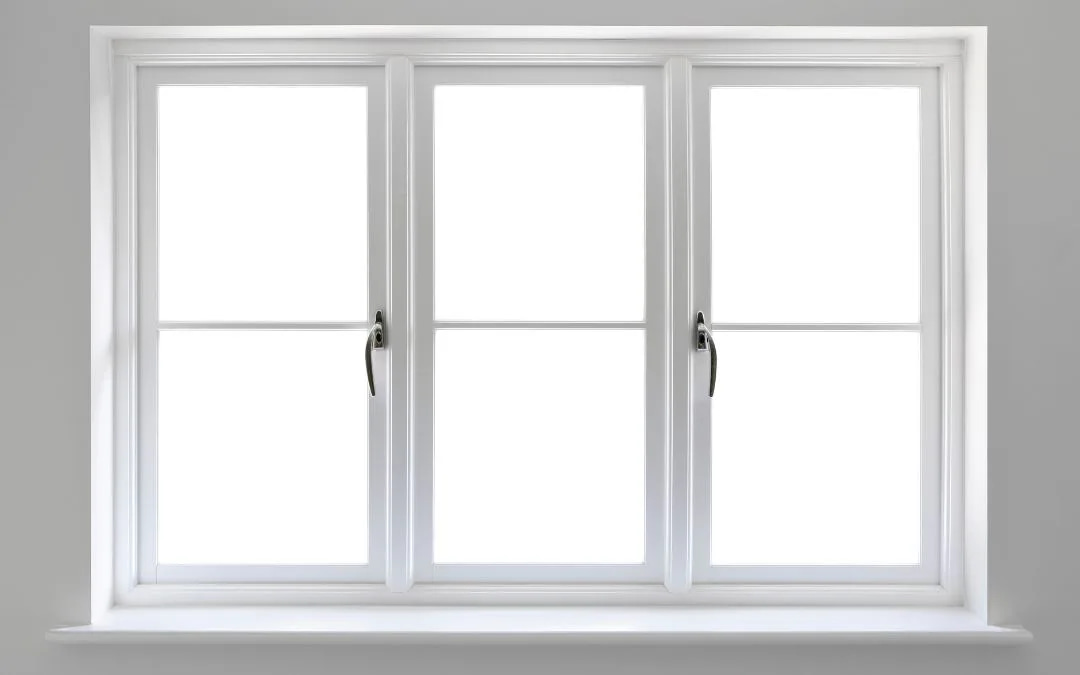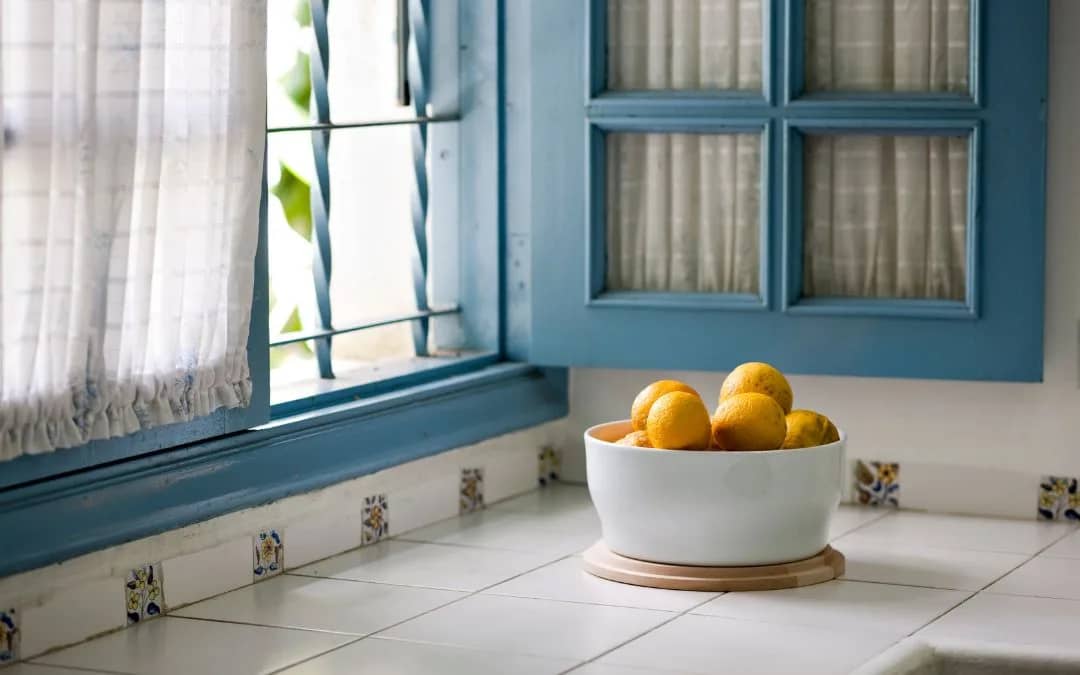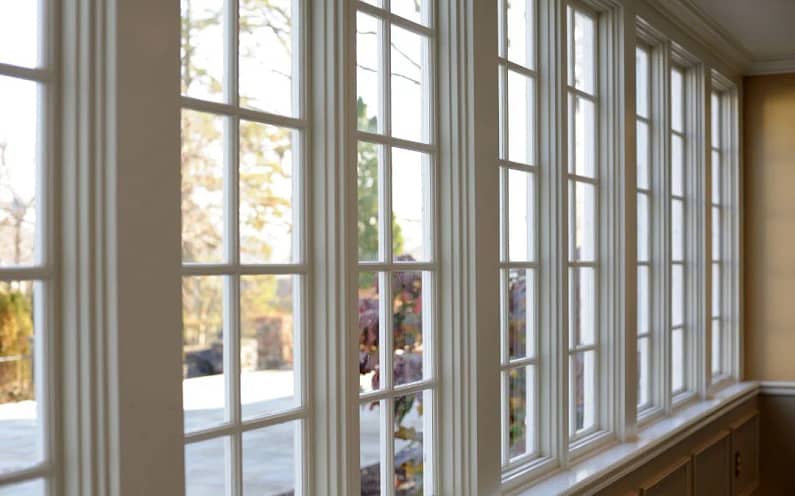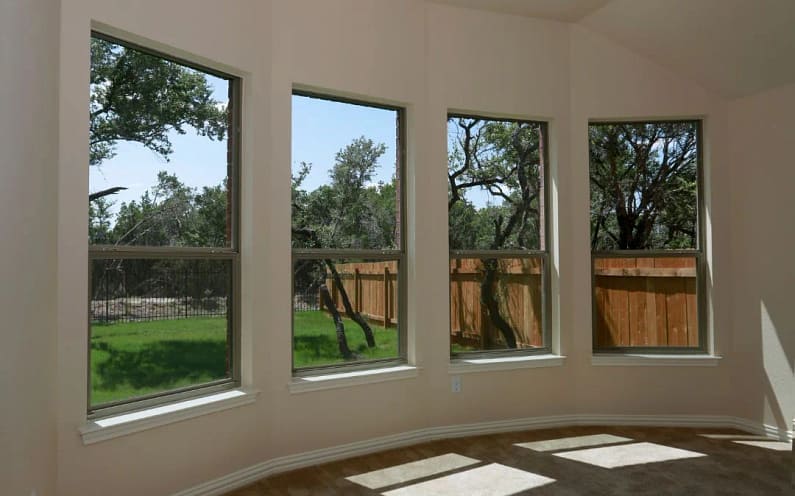Windows are essential building elements, providing natural light, ventilation, and aesthetic appeal. As a significant investment in your property, it’s crucial to understand its lifespan to plan for maintenance and replacement effectively. In this blog post, we will explore the factors that affect the longevity of windows and provide insights into how long you can expect them to last.

Material Matters
The lifespan of windows heavily depends on the material they are made from. Here are some common window materials and their typical lifespans:
- Wood: Wood windows are renowned for their beauty and charm but require regular maintenance. With proper care, including traditional painting and sealing, wood windows can last around 30 years. However, exposure to harsh weather conditions can significantly reduce their lifespan.
- Vinyl: Vinyl windows have gained popularity due to their low maintenance requirements and affordability. These windows can last anywhere from 20 to 40 years, depending on the quality of the vinyl used and the climate they are exposed to.
- Aluminum: Aluminum windows are durable and corrosion-resistant, making them suitable for coastal regions. They can last around 20 to 30 years, though their lifespan can be affected by exposure to salt and moisture.
- Fiberglass: Fiberglass windows are gaining popularity for their strength and energy efficiency. They have a lifespan similar to vinyl windows, ranging from 20 to 40 years.
- Composite: Composite windows, made from a combination of materials like wood and plastic, offer excellent durability. Depending on the specific composition, they can last for 30 to 50 years or more.

Quality and Installation
The quality of the windows and the installation process play significant roles in determining their lifespan. High-quality windows from reputable manufacturers are likely to last longer than cheaper alternatives. Similarly, professional installation ensures the windows are fitted correctly, minimizing potential issues that could lead to premature deterioration.
Environmental Factors
Climate and environmental conditions have a profound impact on window longevity. Extreme weather conditions, such as excessive heat, freezing temperatures, heavy rain, and high humidity, can accelerate wear and tear. Additionally, exposure to direct sunlight can cause fading and damage to specific materials, like vinyl and wood.

Maintenance and Care
Regular maintenance and care can significantly extend the lifespan of your windows. Some essential maintenance tasks include:
- Cleaning the windows regularly to remove dirt, dust, and debris.
- Inspecting for signs of damage, such as cracks, rot, or water infiltration.
- Repainting or resealing wooden frames as needed.
- Lubricating moving parts like hinges and locks to ensure smooth operation.
- Technological Advancements
As technology advances, windows are becoming more energy-efficient and durable. Newer windows with advanced coatings, multiple glazing layers, and improved insulation can last longer than older, traditional windows.
While wood windows can last around 30 years with proper care, vinyl, and fiberglass windows may have a lifespan of 20 to 40 years. Regular maintenance, carefully considering environmental conditions, and investing in high-quality windows can ensure your windows serve you well for many years. Consult a professional window installer or manufacturer to make informed decisions regarding the best windows for your needs.

Curious If Vinyl Windows Are A Good Fit For Your Home?
If you are considering vinyl windows for your home, contact Window Depot of Annapolis today or call (410) 280-2657. Replacing your current windows with vinyl is a popular choice among homeowners for various reasons. Window Depot of Annapolis’s professional installers can determine the condition of your windows and let you know if vinyl windows are the right solution. Don’t wait; give us a call for a free quote today!



